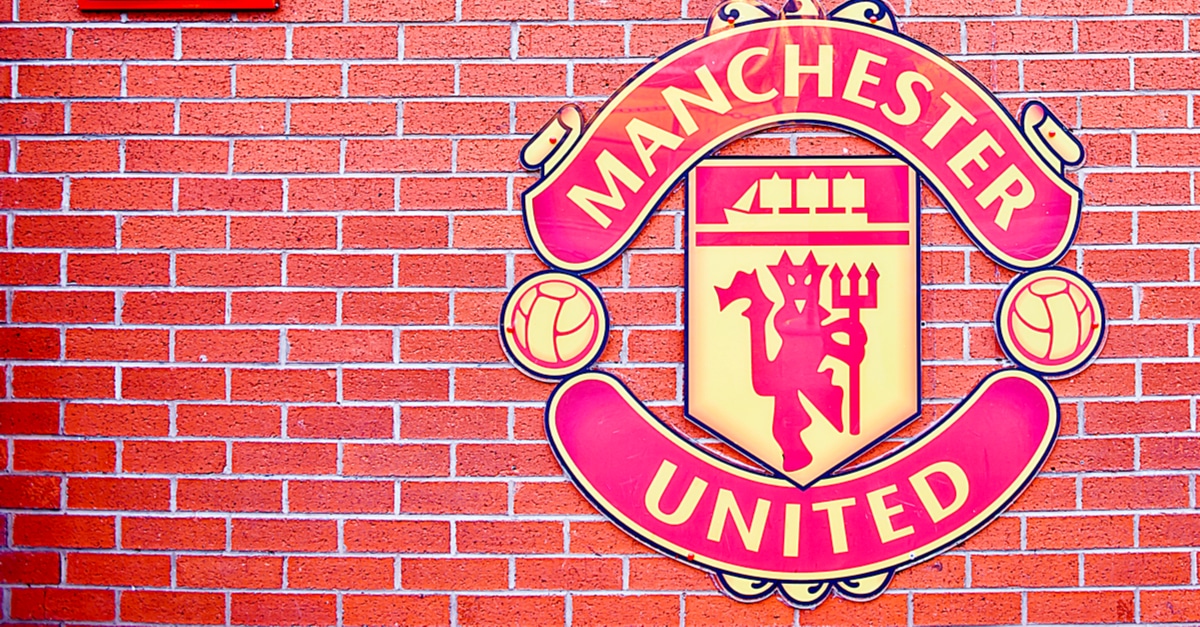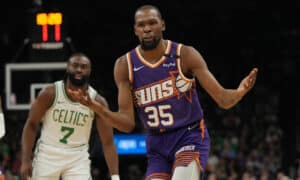Is the Saudi Arabian Royal Family interested by Manchester United? Would they try to buy the Red Devils? We talk about Saudi Arabian sports development strategy with Professor Simon Chadwick from Salford University.
Some rumours say that Crown Prince Mohammad bin Salman would be interested in buying Manchester United. Is Saudi Arabian State interested in buying an important European football club? And why would it choose Manchester United?
Superficially at least, the acquisition of Manchester United by the Saudi Arabian government seems logical: one of the richest football clubs in the world purchased by one of the richest countries in the world. However, I have serious doubts about the credibility and strength of the current rumours.
From Saudi Arabia’s side, buying United would be inconsistent with the country’s current sports and industrial development strategies. These emphasise the growth and development of domestic sports assets, not the purchase of another countries’. As for United, given the current international furore about Saudi Arabia’s human rights record, the toxicity of a relationship with government in Riyadh would be too much for the clubs and its owners to countenance.
Medium to long-term, one can never dismiss anything, but in the short-term my sense is that a Saudi/United tie-up is unlikely to happen.
How good are the international relations between the United Kingdom and Saudi Arabia? If the rumours are true, could the UK government forbid the transaction between the Glazer family and Saudi Arabian investors?
Relations between the United Kingdom and Saudi Arabia are strong, largely driven by the former’s dependence upon the latter for trade revenues (a situation becoming ever more acute as Brexit approaches).
The likes of Thresa May and her ministers will make disapproving noises about the Khashoggi affair, but they have little room for manœuvre and are therefore unlikely to put obstacles in the way of government in Riyadh.
That said, UK government has a very laissez-faire approach to its dealings with football. One suspects that the stance taken by Trump and the US will be the benchmark for a British response. For instance, if Trump was to impose sanctions upon Saudi Arabia, the UK will be likely to comply with his instruction. This would make a deal for Manchester United involving Saudi investors much more problematic.
In the future, would Saudi Arabia try to replicate Qatar or United Arab Emirates sport strategies? What are the plans of Saudi Arabia in sport in general, and in football in particular?
Qatar, Abu Dhabi and Dubai have all engaged with sports in different ways, which Saudi Arabia will be clearly aware of and mindful to. The three have used sport to raise profile, build awareness, attract visitors, exert soft power influence, and position their respective nations as important constituents of the global sport landscape. In many ways, they have been successful not least in the way they are all embedded in the world’s mass psyche (when, twenty years ago, they were virtually invisible).
Saudi Arabia might seek to replicate certain elements of what its neighbours have been doing; however the country’s position in the world is much better defined, stronger and more obvious to the world. Furthermore, Saudi Arabia is bigger than the combined size of its three neighbours (with a population of 32 million compared to Dubai’s 3.2 million, Qatar’s 2.5 million and Abu Dhabi’s 1.1 million).
The big issues facing Saudi Arabia is internal domestic reform, of which sport is intended to be part. Hence, we are much more likely to see government in Riyadh investing in the country’s own sports assets to help facilitate and sustain its reform programme. We can already see this in, for example, the creation of a new sports city in Saudi Arabia – Qiddiya. Faced with a choice of, say, investing in Saudi Arabian football clubs (to promote social cohesion, build national identity, and establish Saudi brands as being globally competitive) or investing overseas in Manchester United, I believe the former is much more likely than the latter.




























